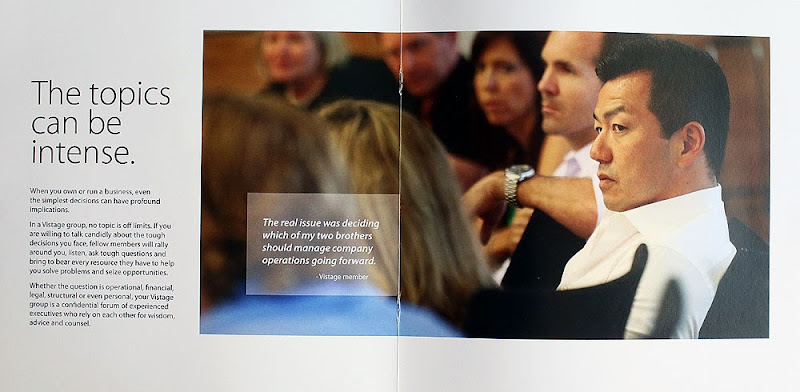There seems to be no shortage of depressing, negative stories about the state of photojournalism these days as newpapers and magazines continue their slide downward towards mediocracy. Almost everyday there is a new story about a paper laying off more staff members and even whole staffs as we recently witnessed with the Chicago Sun-Times. To make matters even worse, we are, on many occasions, being replaced by reporters with iPhones and witnesses at a scene.
Over the years, I, like many of my colleagues in the biz, have fallen prey to this new reality and have suffered with fewer assignments and overall work. It's a bit frustrating. Most careers, you work in your industry for many years, gain skills as time goes on, acquire the equipment you need, make yourself as diverse as possible, and mature as a business person. Then you come to find you are being replaced with a guy/gal with a phone who happened to be there or was simply available.
I didn't want to accept this reality for quite sometime. I spent a few years frustrated, thought my work might have been the cause, maybe a personality thing. Then the stories came pouring out on the chat rooms, blogs, industry publications, Social Media and word of mouth. Friends, too many to count, who'd been staff photographers were joining the ranks of the unemployed.
I decided, while out on a run one day, that maybe I should mentally distance myself from being a "Photojournalist". It's who I've identified myself as for 20 years, my network of buds are all photoj's, all the books I read are about us, Nachtway, Webb, Salgado, etc...and it's been an extremely fulfilling, exciting, interesting and unique life. Although there still was, and is, a steady stream of news work coming in, I decided to distance myself from this label for my overall health. I was now just a "Photographer", not a "photojournalist" What this simple name identity phrase did was change my whole outlook on my business. I no longer got up every morning, looked out the window for smoke, checked CNN and the local papers for something of National interest, and focused all that energy on getting good paying corporate work. I started hitting up local businesses, PR agencies, gave out cards to people on shoots and just started to hustle. I also had to get used to not seeing my name in publications, which I admit, was fun and always a good stroke for the ego.
The transition was not so easy. I started to get more corporate work where I'd go in and light the Hell out of everything and stage all the images and I realized this wasn't whey I got into photography. I enjoyed the money, would never turn the work down, but needed to maybe find some kind of balance between the old and new me. I asked myself "how could I combine the skills I've learned as a photojournalist and take it to a corporate level". I started a convention photography business which seemed to be a good combination of photoj and corporate. As I started meeting with folks from these companies in cities around the country and asking what kinds of images or "look" they like, I noticed something consistent. Almost everyone I shot for said they wanted to get away from that "staged look" and have more real, dynamic photos. The days of photos of doctors who look like George Clooney, Scientists that look like Brad Pitt or teachers who look like that hot model in Van Halen's Teacher Teacher are over. The general public has evolved and is much more sophisticated about viewing imagery. We just don't trust those pretty, perfect stock photos anymore. We live in the age of Honey Boo Boo and expect reality.
SO I'm here to say, photojournalism is not dead. There are infinite possibilities to take this skill into the corporate world and it is very much in demand. You just have to show them how shooting car crashes, funerals, football games and street fairs
can translate into photos of company workers doing their thing in their own environment.
Wednesday, September 4, 2013
Photojournalism is Not Dead
Subscribe to:
Post Comments (Atom)








No comments:
Post a Comment